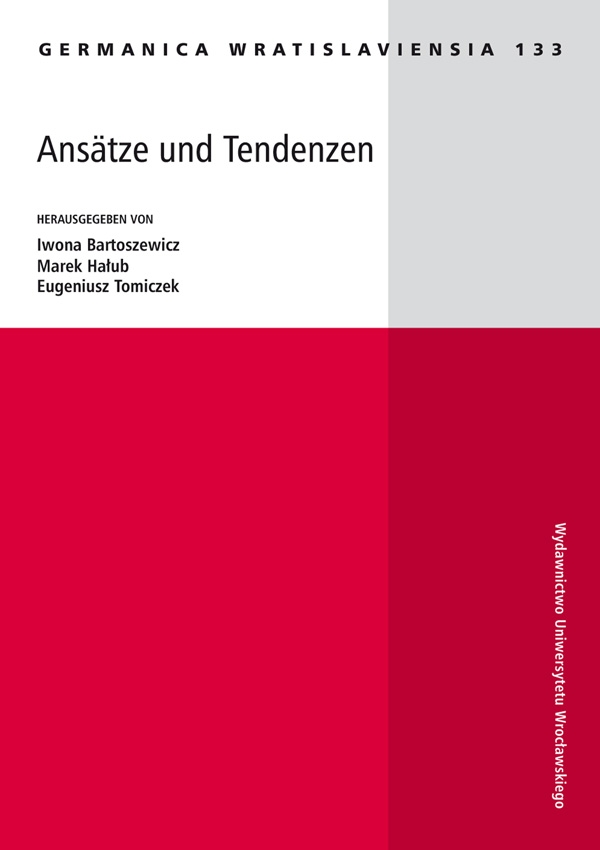

Literaturwissenschaft

Gegen den Wahnwitz des Gedankens.Der Schauspieler bei Diderot, Brecht und anderen
St. Albine und Stanislawski und Strasberg setzen auf den Gefühlsschauspieler. Sein Problem ist, dass ihm seine Emotionen nicht Abend für Abend in gleichem Maße zur Verfügung stehen. Ihm entgegen steht der Verstandesschauspieler, den Riccoboni und Diderot befürworten. Sein Problem ist, dass sein Spiel zu distanziert kalt und emotionslos wird. Brecht potenziert die Vernunftkontrolle, indem er die Distanz zum Theatersujet macht: Der Schauspieler hat nicht nur Distanz zur Rolle, sondern distanziert sich auch von ihr, kritisiert sie, episiert sie, verfremdet sie. Er hält nicht nur die Distanz, sondern zeigt sie auch noch. Der Schauspieler spielt seine Figur mit Abstand, exzentrisch, so wie Plessner und Simmel es beschrieben haben. Immer aber ist Schauspielen eine Mixtur aus Gefühl und Verstand.
When something touches our senses our feelings can take over, we are arrested in our momentary state, we do not act, we are. This is ‘sensibilité’ as promoted by the theory of Sainte Albine and, in the last century, by Stanislavsky and Strasberg. We feel, we do not think. Diderot criticizes this. But at the same time, the trio emphasizes the rational side of the process of creation. Similarly, Riccoboni cannot only be considered as a representative of the art of purely rational acting, for he sees the necessity for fire and violent passion. Ideally, acting should be a mixture of these two: reason and feeling. Different schools of acting lay stress on one or the other. And, they are forced to put stress on the – to quote Mao Tse Tung and Bertolt Brecht – main side of the contradiction. Unfortunately, we do not have the word to define the entity clearly.